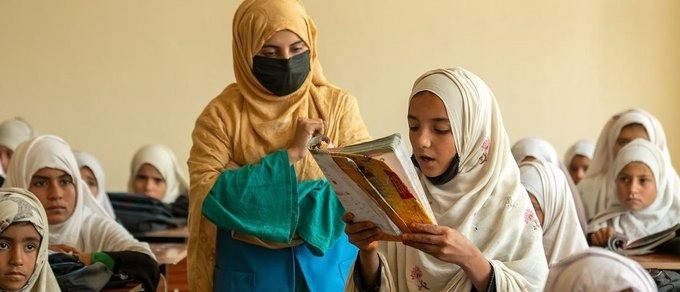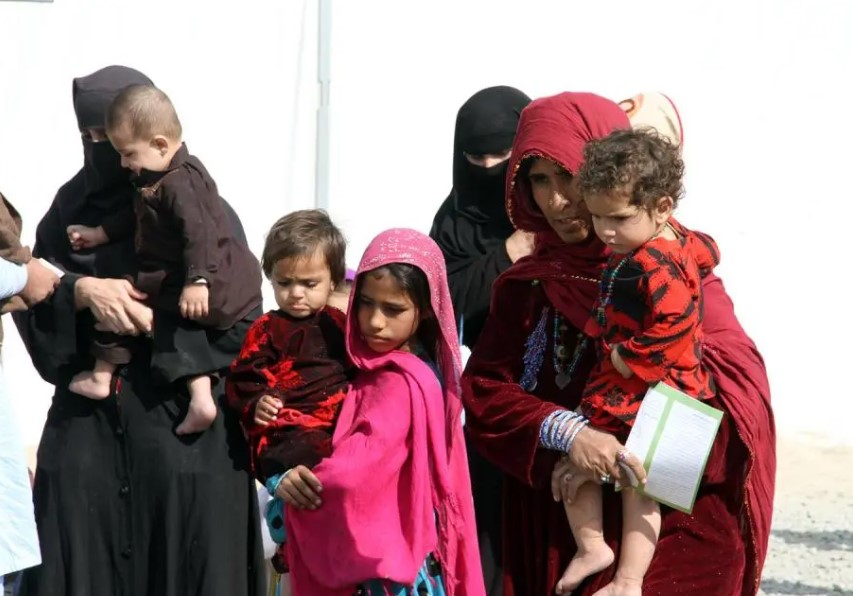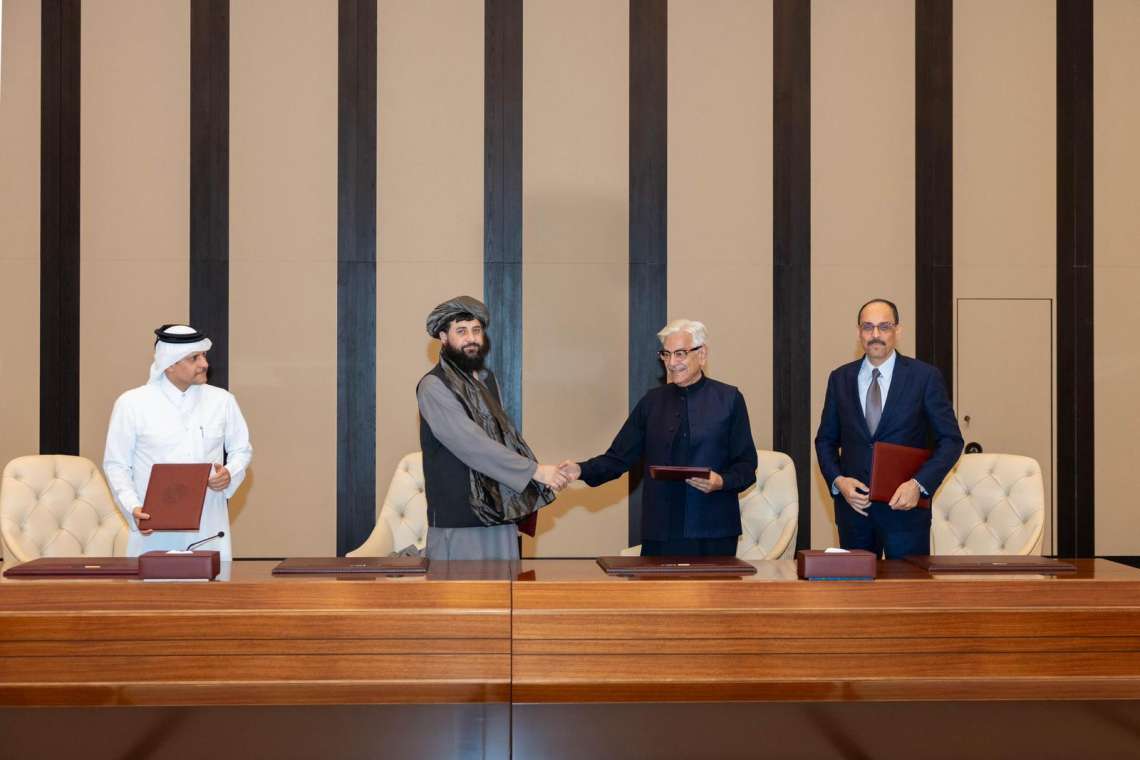Multiple Afghan women working across various UN agencies have reported being harassed and intimidated by unidentified men in recent weeks
A wave of threats against Afghan women employed by the United Nations in Kabul has sparked alarm within the international community, as growing insecurity and the Taliban’s increasingly hardline policies continue to erode the already fragile space for women’s rights in Afghanistan.
Multiple Afghan women working across various UN agencies have reported being harassed and intimidated by unidentified men in recent weeks. These threats have occurred both in public and via anonymous phone calls, warning the women to cease their employment and “stay home.” The incidents mark a chilling escalation in the risks faced by female professionals in the country.
UN staff member “Huda” — whose real name has been withheld for her safety — described a torrent of abusive messages targeting her for “working with foreigners.” For several weeks, she has received threatening texts and calls from unknown numbers. “The messages keep coming and they are always harassing us,” she said. “‘Don’t let me see you again, or else,’ they say. It’s frightening.”
Her UN office has since instructed her to work from home until further notice, citing safety concerns.
The United Nations Assistance Mission in Afghanistan (UNAMA) confirmed the gravity of the situation in a formal statement. “Several United Nations female national staff members in the Afghan capital Kabul have been subjected to threats by unidentified individuals related to their work with the UN,” the statement read.

Describing the threats as “extremely serious,” UNAMA said it had implemented temporary measures to protect its staff, though it did not specify the nature of these steps. The organisation also stated that Afghan authorities had been informed and that an investigation had been initiated.
The Taliban government, widely condemned for its systematic exclusion of women from public life since returning to power in August 2021, has denied any involvement in the threats. Abdul Mateen Qani, spokesman for the Taliban’s interior ministry, called such actions a “crime” and claimed police would take appropriate measures.
Nonetheless, the threats come in the context of the Taliban’s ongoing campaign to push women out of public life — a policy framework the UN has denounced as “gender apartheid.” Since 2021, the regime has banned women from working for both domestic and international non-governmental organisations (NGOs), including the UN. The prohibition was extended in 2023 and remains in place, with limited exceptions for women employed in healthcare and education.
Though inconsistently enforced, the ban has had a devastating impact. Many female aid workers have been forced out of jobs, leaving vital humanitarian programmes understaffed and millions of beneficiaries — especially women and girls — underserved.
For women who remain in UN employment under narrow exemptions, the threats have only heightened a pervasive sense of insecurity.
Selsela, a woman in her thirties, recounted being approached by unknown men while returning from work last week. “They told me I should be ashamed and that I must stay home,” she said. “They warned me, ‘We told you nicely this time, but next time you’ll have another thing coming.’ I was very scared.”
Like many others, she has since begun working remotely. But in a country plagued by electricity shortages and patchy Internet, remote work often proves difficult. “The situation for women is getting worse every day,” she said. “Even working from home doesn’t feel safe anymore.”
Another UN employee, Rahila, shared a similar experience. She and two colleagues were stopped on their way home while travelling in a UN vehicle. The men told them they should not be going to the office and implied further consequences if they did not comply. “They said, ‘Don’t you know that you are not allowed?’” Rahila said. She, too, has received anonymous threats and now fears for her job and financial stability. “I am very worried,” she said. “I need my job and my salary.”
The threats arrive at a time when Afghanistan is grappling with one of the world’s worst humanitarian crises. According to UN figures, approximately 75 percent of the population — more than 33 million people — struggle to meet their basic daily needs. Humanitarian agencies, including the UN, remain critical lifelines for millions of Afghans, especially women and children.
Yet the exclusion of women from the aid sector not only endangers the lives and rights of Afghan female workers, but also impedes the ability of humanitarian agencies to deliver effective services. Female workers are often essential for reaching women in conservative communities where gender norms prohibit interactions with male staff.
The United Nations has repeatedly called on the Taliban to reverse its restrictions, branding them “deeply discriminatory” and counterproductive. UN Secretary-General António Guterres has urged the international community not to abandon Afghan women and girls, describing their situation as a “silent emergency.”
Despite such appeals, little has changed on the ground. As threats mount and space for female professionals narrows further, Afghan women continue to face a bleak reality. For many, even their last foothold in the professional world — working for the international community — is now under siege.














